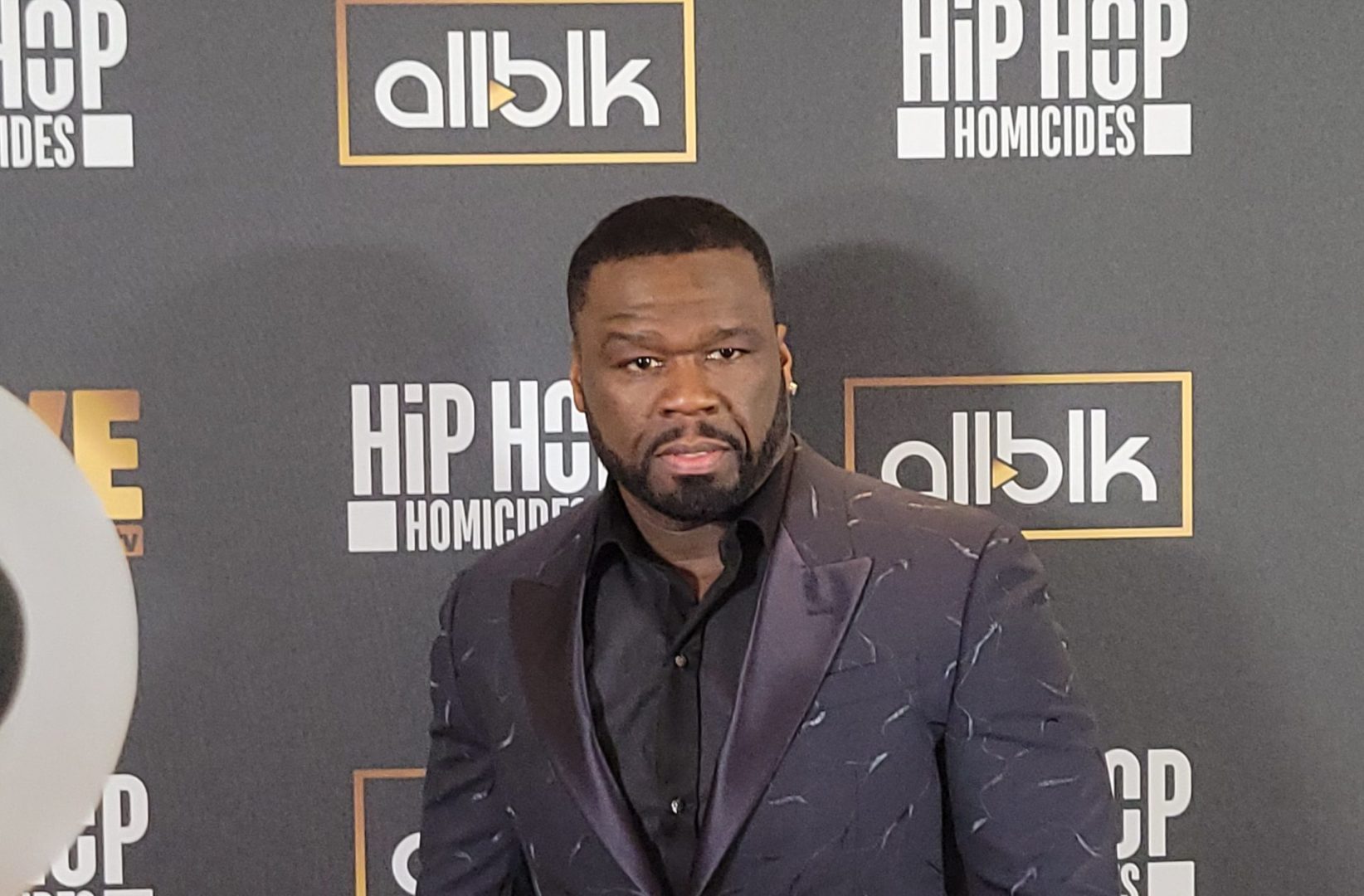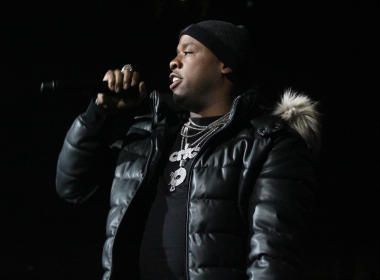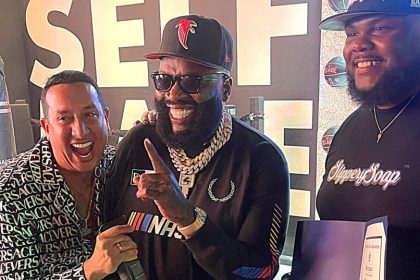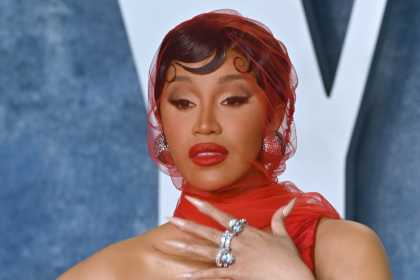Gangsta-ism is far from dead. But it’s not quite the force it once was in hip-hop.
This week, after months and maybe years of speculation, the end of 50 Cent’s G-Unit crew appears to be official. The hip-hop star departed his longtime Interscope label, taking his G-Unit label independent. He signed a worldwide distribution agreement with Caroline/Capitol/UMG, and he is expected to release a new album called Animal Ambition on June 3. But in the wake of his announced departure from Interscope, 50’s old G-Unit cohort Tony Yayo made statements in an interview that indicated that G-Unit was long over as a hip-hop group and, most importantly, as a collective of old friends.
50 formed G-Unit in the early 2000s with his childhood friends Tony Yayo and Lloyd Banks. But the trio has been estranged for some time, though rumors of reunions continuously surfaced and no breakup was ever officially confirmed. But, now it seems that the end has come.
“50 ain’t rocking with me and Banks the same. I layed my life down for the unit but you live and you learn,” Yayo told VIBE. “Too much stress. I flew the world already. Dropped an album. Time to try new things and the Unit not together. F–k it.”
The decline of G-Unit has been slow and steady, and it’s a symbolic death that also represents the decline of gangsta rap’s hold on mainstream hip-hop.
Since the emergence of N.W.A. in the late 1980s, gangsta rap has been a high-profile subgenre of hip-hop; and after the release of Dr. Dre’s acclaimed solo debut The Chronic, gangsta rap dominated popular hip-hop. As the ’90s gave way to the 2000s, gangsta-ism became more polished and pop-friendly. Stories of drug selling and gunplay were often married to songs about love and partying. In its earlier incarnation, gangstas never addressed women except only to admonish them or demand sex; by the early 2000s, gangstas were releasing hit love songs like 50 Cent’s “21 Questions.”
50 Cent and G-Unit epitomized that neo-gangsta approach in hip-hop. In 50, you had a muscle-bound former crack dealer who’d been shot nine times and whose album cover was riddled with bullet holes. But his hit singles were all songs about partying or songs that played up his image as a player. After his debut album, 2003’s Get Rich or Die Tryin’ was released and there was no one bigger in rap music. And he brought his crew along for the ride.
The success of G-Unit’s approach and aesthetic set a template that artists like Jeezy and Rick Ross followed–polished production backing crime tales–with songs for the clubs and the ladies thrown in for commercial appeal. But as the 2000s progressed, and following the emergence of Kanye West, a funny thing happened.
A lot of people got tired of gangstas.
Today, the only hip-hop artist of 50 Cent’s ilk that still sits at or near the top of hip-hop is the aforementioned Rick Ross. Most of today’s biggest rappers, from West to Drake to Nicki Minaj to Macklemore to Kendrick Lamar, don’t really fit the mold of a “gangsta rapper” — even in the contemporary sense. This is the age of the Hip-Hop Everyman, and 50 Cent’s declining sales from 2005 to 2009 seemed to support the idea that mainstream audiences grew bored with his approach. Even Lil Wayne, who first emerged as a trap-friendly Hot Boy, has morphed into a more eclectic eccentric, rapping about spaceships and psychedelics and sex acts more so than traditional “gangsta-ism.”
Times have definitely changed. Jeezy hasn’t released an album in three years and is currently battling with his label (Def Jam) to release new music. After five platinum albums, fellow Atlanta rapper T.I.’s two most recent albums have barely gone gold. 50 himself hasn’t released an album in five years while also battling with Interscope. There are still references to drug dealing in many popular rappers’ songs, but there is an equal amount of popular rappers for whom it isn’t the go-to subject of choice. So while there is still an element of gangsta in rap–and it isn’t going anywhere–it’s important to note that it’s not the driving force behind the genre as it once was. Whether that’s a good or a bad thing largely depends on each individual’s own tastes.












